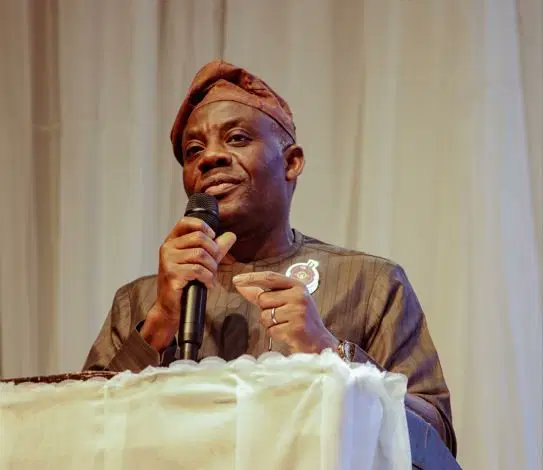FG Sets 12 as Minimum Age for JSS1 Admission in New Policy Guideline

The Federal Government has established 12 years as the minimum age for admission into Junior Secondary School 1 (JSS1), following the completion of six years of primary education. This directive is contained in a new policy document on Non-State Schools, launched last week by the Federal Ministry of Education.
The comprehensive guideline, which addresses issues surrounding private education in Nigeria, aims to standardize age-based progression through early and basic education across both public and non-state institutions.
According to the policy, nursery education will span three years, with children expected to begin Nursery One at age three, progress to Nursery Two at age four, and then complete one year of compulsory pre-primary (Kindergarten) education at age five. This is in line with Section 2(17) of the National Policy on Education (NPE), 2013 Edition.
Children will then be eligible to begin Primary One at the age of six. The full duration of basic education remains nine years comprising six years of primary education and three years of junior secondary school. Admission into JSS1 is now officially tied to both the completion of primary education and the attainment of 12 years of age.
By this structure, students are projected to complete their secondary education around age 18, aligning with an earlier directive by former Minister of Education Prof. Tahir Mamman, who proposed 18 as the appropriate minimum age for university admission. However, current Education Minister Dr. Tunji Alausa has since adjusted the university entry age back to 16.
The newly introduced guideline is part of a broader policy targeting Non-State Schools commonly referred to as private, independent, or non-government schools. These schools, which are typically run by private individuals, religious bodies, or community organizations, have become increasingly important in delivering educational services across Nigeria.
The policy notes a stark rise in the presence and influence of non-state schools. Citing the Nigeria Education Digest 2022, the Ministry revealed that in at least 26 states, non-state schools now outnumber their public counterparts at the junior secondary level. In contrast, at the primary level, public schools still dominate in 19 states.
Growth data between 2017 and 2022 shows that the private education sector has expanded at a significantly higher rate than public education. The number of non-state primary schools increased by 31.56 percent during the five-year period, compared to a 3.3 percent growth in public primary schools. Similarly, non-state junior secondary schools grew by 35.06 percent, while public schools grew by just 6.8 percent.
The Federal Ministry of Education emphasized that while non-state schools play a crucial role in bridging access gaps, disparities in quality and standards remain a concern. The newly issued policy is aimed at streamlining educational progression and ensuring a consistent standard across the country’s diverse schooling systems.









